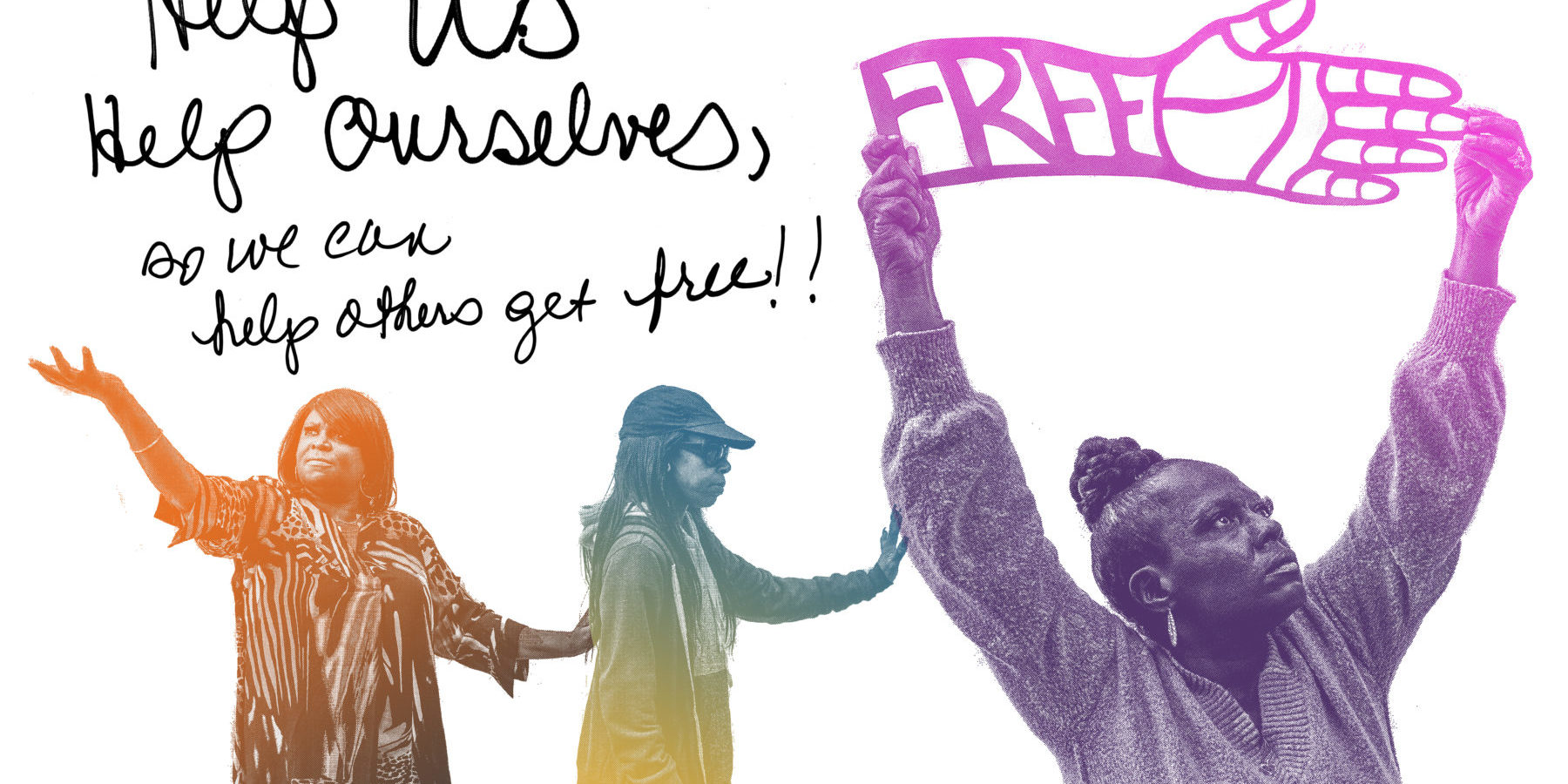Today, Community Legal Services of Philadelphia, as part of Incarcerated Women’s Working Group (“Working Group”) released a report on increasing access to diversionary programs for women in the criminal legal system. Diversion programs divert individuals accused of crimes away from traditional court trial and sentencing proceedings, instead requiring participation in community service, treatment, and other programming aimed at rehabilitation. Often when programs are completed, the cases can then be expunged.
A national reckoning on the racism that is baked into our criminal legal system; a pandemic that has threatened the lives and health of people behind bars and in our communities; widespread unemployment that is causing significant hardship for Philadelphia families – these circumstances underlie the urgency of our call in this report for Philadelphia’s leaders to retool, rethink, and reimagine how the programs and systems that divert people from the criminal legal system operate.
This report is grounded in the lived experiences of women who have had criminal system contact and were compensated to share their insights and recommendations with our city’s leaders; their contributions are quoted directly throughout the report and inform all of the recommendations for reforming and reimaging diversionary programs. We use the terms “women/woman” in this report while recognizing that our current criminal system does not properly recognize that transgender women are women. Our report and recommendations include and apply to transgender women. We also support non-binary and gender non-conforming people being included in the type of gender-responsive and trauma-informed programming we recommend.
In this report, we call for diversionary programs to recognize the unique experiences and needs of women who have contact with the criminal system, to center and compensate directly impacted women in designing and creating programs, and to offer effective community-based gender and trauma responsive services that recognize the individual needs, strengths, and agency of women. These programs should be offered to women as the rule, rather than the exception, under consistent and transparent processes.
We also call for the removal of barriers to the current diversionary programs that exist so that women have expanded access to diversion and are set up to succeed in diversionary programs. For example, programs should not require payment of exorbitant court fines and costs, include lengthy probation terms, or include many program requirements that are infeasible, particularly for women who are caregivers. Programs must provide transportation and child care support or accommodations so that people are not boxed out due to financial or time constraints. Programs must include expungement of records, or avoid creating records in the first place, in order to avoid perpetual punishment and devastating economic consequences.
We recognize that the City of Philadelphia, the District Attorney’s Office, and other city leaders have already expressed commitment to many of the principles and policies outlined in this report, and we hope that our recommendations for the existing programs will provide a roadmap to increasing access, equity, and effectiveness. But we also call on our leaders to do more than reform around the edges of our criminal system, but rather to reimagine the system altogether. We propose a vision for a new trauma and gender responsive diversionary program for women that would be designed by directly impacted women and would divert women from ever being arrested in the first place. Such a program would invest in effective community-based strategies and be based on the agency of women to identify for themselves what they need to stay free and thrive.






